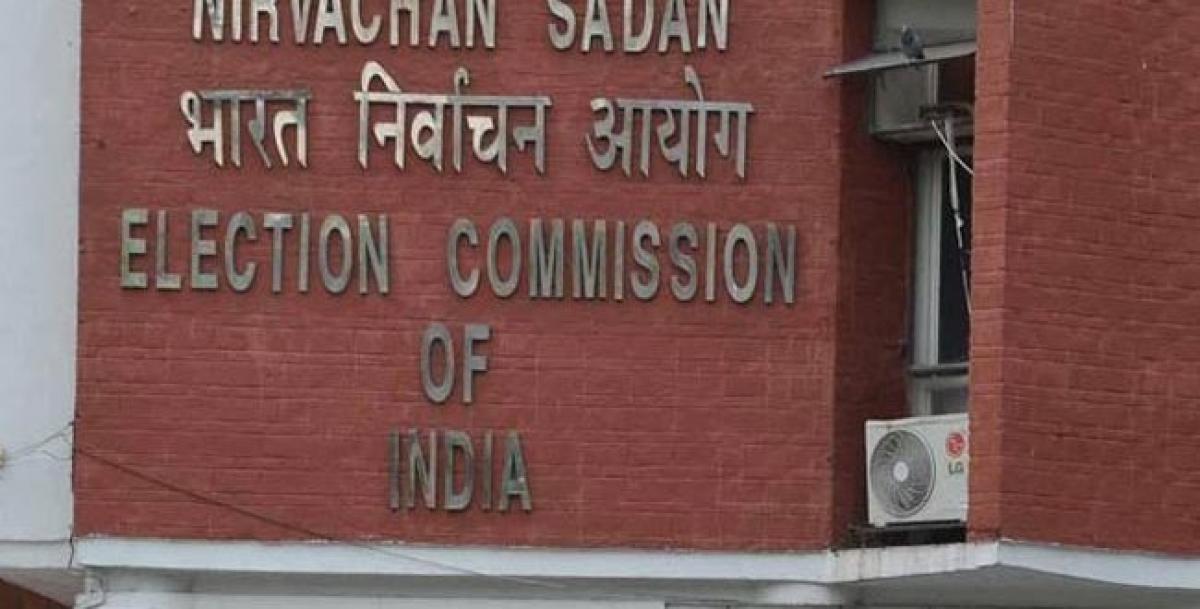Live
- Chandrababu Advocates Strict Measures for Social Welfare and Infrastructure Development in AP
- Show of brotherhood by Vijayan, Stalin at event to honour Dravidian icon
- District Collectors’ conference with CM begins
- Celebrations kick off in Saudi Arabia to welcome FIFA World Cup 2034
- Google Unveils Jules AI to Help Developers Fix Code Errors
- Bengaluru Techie’s Tragic Suicide Sparks Outrage Over Family Disputes and Legal Failures
- Crucial Union Cabinet meeting to discuss One Nation One Election
- Irrigation AE Nikhesh Kumar Arrested in Disproportionate Assets Case, Granted 4-Day Custody
- Your Daily Horoscope for December 12, 2024: Unlocking Mysteries of the Stars
- Hyderabad: 18-Month-Old Girl Dies After Being Hit by Car in Jawaharnagar









